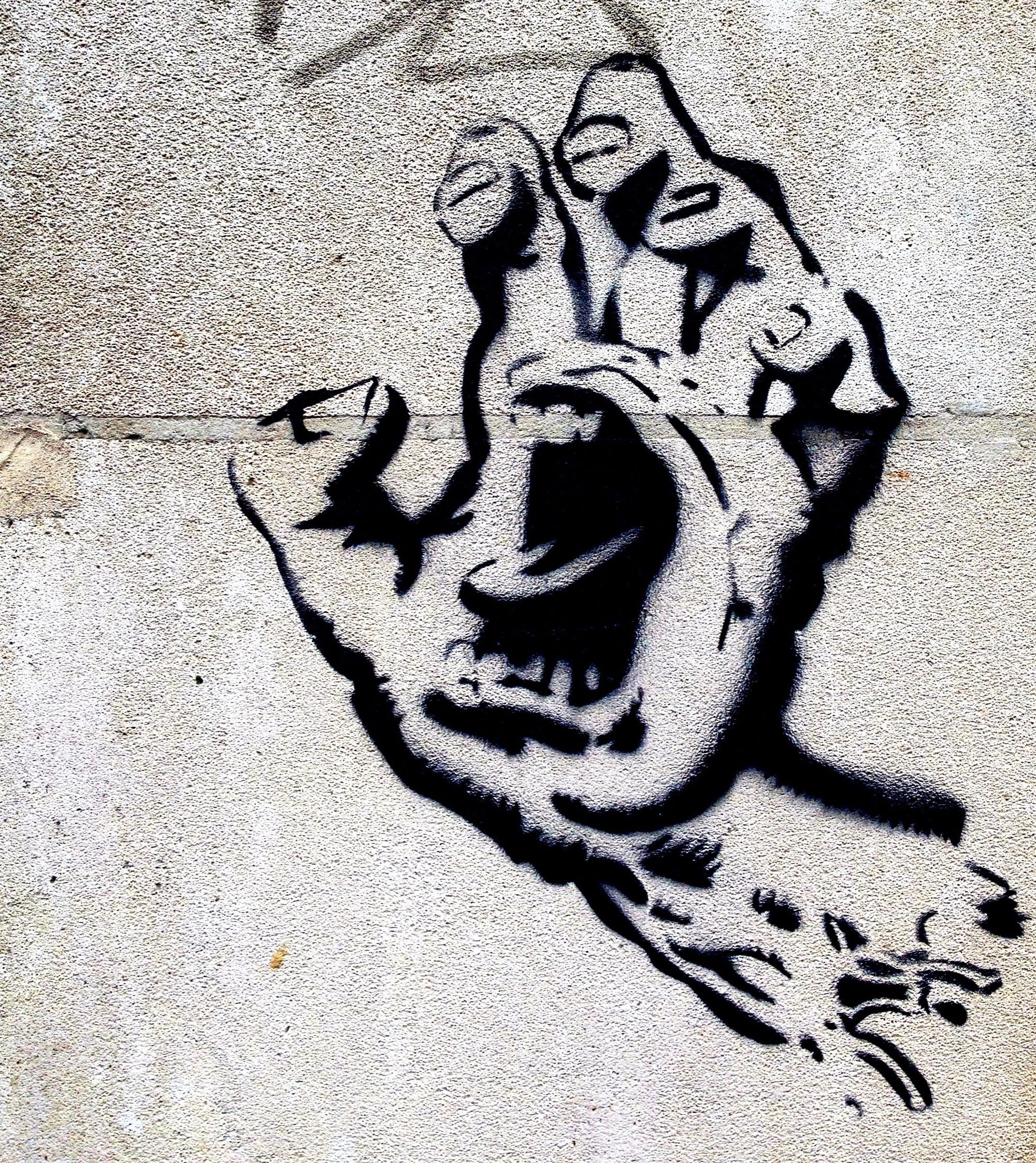A few years ago, my grandparents were conned by a woman pretending to be me. She called them and said she'd been in a terrible car accident while traveling abroad. Her nose was freshly broken and the connection was poor, so she was nearly incomprehensible. Panicked, my 82 year old grandfather rushed to Western Union and wired her a chunk of money. When she immediately asked for more, he grew suspicious and called me.
I was sitting outside my apartment in Los Angeles reading a book when the phone rang. My nose was fine. My voice, Grandpa noticed, was back to normal. He'd known something was off. I'd never called to ask for money before. But he thought I was in trouble, and hadn't had time to reflect.
Today, there might be no discernible difference between my voice and that of an impostor. This week, I’m reading about voice cloning — another fast developing, AI-driven industry that's gotten so good it’s scary. It’s already being used commercially in film and TV.
It's biggest selling point? Now dead men can tell tales.

Killer Voice Clones
Two weeks ago I received an email from a company called Respeecher. Did I need help replicating anyone's voice for a film project? it asked. Perhaps the voice of an actor who'd passed away? I did not. But I wanted to know more.
You may have already heard clones of familiar voices without realizing it. Studies have shown most humans are unable to detect a difference between real and synthetic voices. Respeecher says its technology is already being used by major studios in Hollywood, but their contracts prevent them from disclosing specifics. They can tell me, for example, that their work appears in Disney's Mandalorian, Season 2, but not where. Have they been involved in other films or TV shows? Again, they can't say.
A voice cloning company with gag orders? Hilarious.
There is one job they're free to discuss, however. Respeecher is credited in a 2021 Super Bowl ad featuring a deepfake of famed football coach Vince Lombardi, who died in 1970. Of course, when it comes to differentiating between real and synthetic voices, being dead is a dead giveaway.
Still, the resulting audio is a spectacular match. The Respeecher commercial is above, while below is a clip of the real Vince Lombardi. His voice is distinctive, his delivery confident and powerful. All of that is captured by the voice clone. So, killer in a good way.
What Could Possibly Go Wrong?
Voice cloning companies like Respeecher say they're aware of the risks their technology brings, and insist they will only allow it to be used “non-deceptively.” But when is making it seem like someone said something they didn’t “non-deceptive?” According to Respeecher's website, ethical uses include bringing a dead actor back to life, enabling adults to sound like children, and replicating an actor's voice as an insurance policy against a sub-par performance.
While voice cloning companies would like to keep this ability to themselves, it seems likely the technology will eventually become widely available. Then it could be used for all kinds of purposes, ethical and "non-deceptive" or otherwise.
Voice cloning and deepfake technology mean it's already impossible to know for certain whether video content is authentic. Right now creating a believable A/V replica of a person takes time and resources, but that will change as the technology develops. It will likely get a lot easier to convincingly impersonate someone.
I still wonder sometimes about the woman who impersonated me. Who was she? Does she swindle caring grandparents full-time or just on the side? Her main tool was creating such urgency that they couldn’t stop to ask questions. Just imagine if she’d sounded exactly like me.